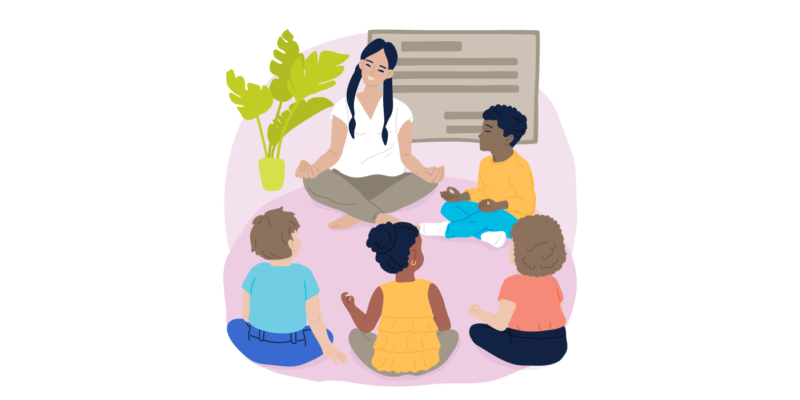
Here Are the Signs of an Eating Disorder — the Ones You Know and the Ones You Don’t
For an illness that affects so many people, there are plenty of misconceptions about eating disorders, experts say. Read more >>
Request an Appointment
English: 650.688.3625
Medi-Cal: 650.688.3650

Here Are the Signs of an Eating Disorder — the Ones You Know and the Ones You Don’t
For an illness that affects so many people, there are plenty of misconceptions about eating disorders, experts say. Read more >>

How to Help Young People Limit Screen Time — and Feel Better About How They Look
U.S. teens spend more than eight hours a day on screens, and there’s growing concern over how social media may affect their mental health. Now, a study published by the American Psychological Association, validates what some parents have experienced when Read more >>

Managing Mental Health & Behavior in the K-8 Classroom
Increasingly, educators are being asked to manage not just the academic and social-emotional wellbeing of their students, but also address mental health challenges and learning differences in the classroom. Read more >>

A Trusted Space: Professional Learning and Curriculum for California Educators [web resource]
A Trusted Space is a 60-minute mini professional development program designed to help teachers and other youth-serving adults work together with students to create trusted atmospheres where healing and learning happen naturally. Read more >>

30 Days Of Mental Health Lessons Library [web resource] [downloadable]
These downloadable lessons from the TREP Project are a resource for educators to enhance student mental health literacy. Read more >>

What’s the Role of Teachers in Supporting Student Mental Health?
What’s a healthy balance of teaching and mental health support that will help students thrive while keeping teachers’ jobs manageable? Edutopia talked to teachers and mental health experts to find answers. Read more >>

9 Essential Mental Health Supports for School-Based Programs
Researchers have long known poor mental health negatively affects academic achievement, and the COVID-19 pandemic has put a spotlight on how schools can help address the issue. Read more >>

Common Mental Health Conditions—What to Look For
People can experience different types of mental health problems. These problems can affect your thinking, mood, and behavior. Many symptoms of mental health disorders are common. The symptoms can add up to the level of a disorder if these symptoms Read more >>

3 Tips to Improve Communication With Young Adults [downloadable]
This tip sheet provides parents and allies of youth and young adults with lived experience of a mental health condition tips to be able to improve their connection with them. Read more >>

In our fast-paced world, juggling academics, work, community service, and other responsibilities can be overwhelming. This constant juggle can affect your overall health and well-being. Not having balance in life often results in increased stress that can negatively impact relationships, Read more >>
English: 650.326.5530 | Español: 650.688.3650 | Fax: 650.688.3669
English: 650.326.5530
Español: 650.688.3650
Fax: 650.688.3669
English: 650.668.3625 | Español: 650.688.3650 | careteam@chconline.org
English: 650.668.3625
Español: 650.688.3650
careteam@chconline.org
© 2024 Children’s Health Council. All rights reserved.
CHC Palo Alto: 650 Clark Way, Palo Alto, CA 94304 | 650.326.5530
CHC South Bay: 2280 Kenwood Avenue, San Jose, CA 95128 | 408.831.7512
CHC Ravenswood: 1765 E Bayshore Rd, East Palo Alto, CA 94303 | 650.702.2487
CHC Palo Alto:
650 Clark Way, Palo Alto, CA 94304
650.326.5530
CHC South Bay:
2280 Kenwood Avenue, San Jose, CA 95128
408.831.7512
CHC Ravenswood:
1765 E Bayshore Rd, East Palo Alto, CA 94303
650.702.2487